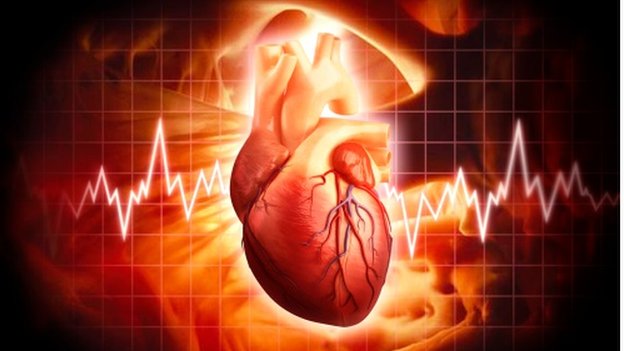A groundbreaking study conducted by researchers at the University of Manchester, in collaboration with institutions in the UK, Argentina, and the US, has utilised artificial intelligence to delve into the genetic foundations of the heart’s left ventricle. By analysing three-dimensional images of the organ, the interdisciplinary team uncovered 49 novel genetic locations associated with cardiac traits, with potential implications for cardiology and precision medicine.
Funded by prestigious organisations including the Royal Academy of Engineering and the British Heart Foundation, the research was led by Prof Alejandro Frangi and involved cutting-edge techniques in genetic and imaging data analysis. The study’s findings offer new insights into the factors influencing cardiovascular health and could lead to the development of targeted therapies for individuals at risk of heart disease.
This pioneering research, published in Nature Machine Intelligence, represents a significant step forward in understanding the complex relationship between genetics and heart structure. By combining advanced machine learning with genetic data, the study has the potential to revolutionise cardiovascular research and improve patient care in the future.
